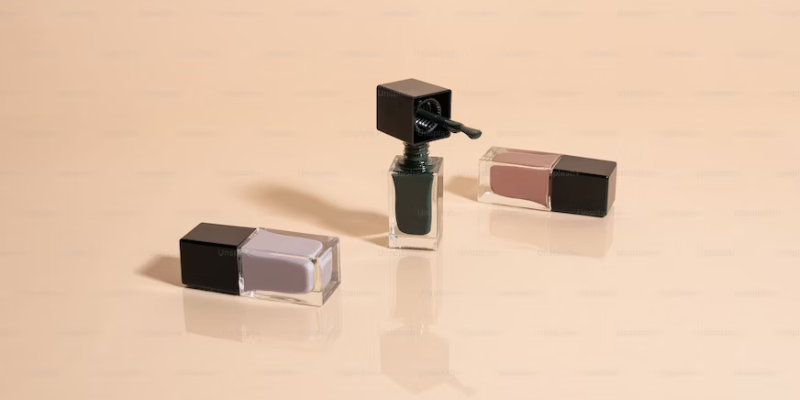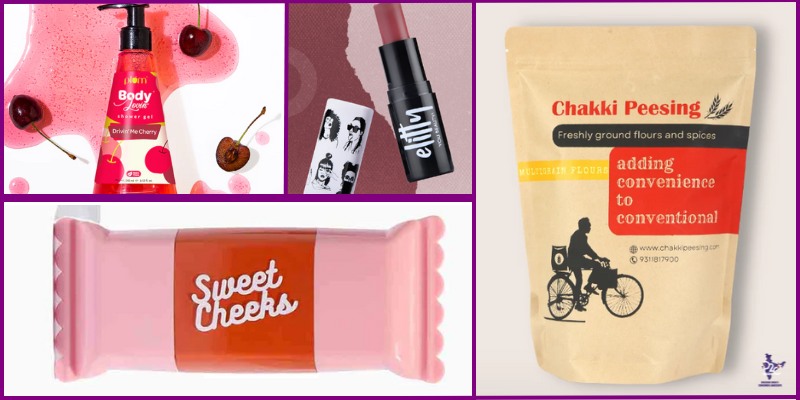In beauty and personal care category, brands have figured out that tapping multi-brand stores is the way forward, according to an expert from the industry.
But while physical stores might be a way for a brand to retain consumers, online marketplace could lead to brand discovery by new users, according to Mohit Yadav, co-founder, Minimalist.

Consumers are an ever changing being in the world of option-filled online shopping. If personal care brand Minimalist’s sunscreen seems expensive, they can always move on to the next website, and find a new brand offering a similar product at a slightly more affordable rate.
But as acquiring customers gets expensive and funding taps remain tepid, the second wave of new-age brands have been trying to figure out ways to retain their consumers. Having presence across physical stores for retaining and acquiring new consumers, is one of the prominent discussions among direct-to-consumer (D2C) brands.
Garima Juneja, co-founder of Praush Beauty, has put the offline push in motion by putting her beauty brands’ products across 35 multi-brand stores in Delhi and Punjab.
Local-owned multi-brand stores
The brand has also hired beauty assistants to sell their products across almost 30 stores. The rest is sold by shopkeepers.
Run by Viralcurry Digital Pvt Ltd, PRAUSH BEAUTY (Formerly PLUME) started in June 2019 by selling beauty blenders and makeup brushes completely online. But since the lifting of pandemic-led lockdowns, and people venturing out of their homes to shop, it is only natural for digital-first brands to consider an offline route.

“The shopkeeper and distributors needs to be sold on your product. That’s when they will recommend it to their regular customers,” says Juneja. These consumers then have the potential of becoming repeat buyers, she adds.
Now Praush Beauty is aiming to be present across 100 local and large multi-brand stores by the end of financial year 2023-24.
In beauty and personal care category, brands have figured out that tapping multi-brand stores is the way forward, according to an expert from the industry, who wishes to remain anonymous.
“After the pandemic, store owners are open to experimenting with newer brands. They also know better margins could be made as most new-age brands have slightly premium pricing,”
they add.
But standing out in a crowded multi-brand outlet comes down to attractive packaging and price point.
For pricing figuring out a sweet spot, where enough margins could be shared with the shopkeeper and wholesaler, among other players in the offline supply chain, could help in sales growth.
“In retail, for pull based sales, you need to either have a differentiated product or strong brand recall. Other option is to have retailers push the product, which requires you to give them enough margin so that they pick your brand over any other to show their customers,” says Rahul Chowdhri, investment professional, Stellaris Venture Partners.
The Bengaluru-based investment firm have been early backers of Mamaearth, a personal care brand, and vegan-leather bag firm Zouk.
“Brands should also figure out sooner where their consumers are present and sell on those fronts. The solution is different for each brand in the current times,” says Dipanjan Basu, co-founder and partner, Fireside Ventures.
WhatsApp to offline
Chakki Peesing is also expanding into physical stores, which suits the brand’s needs. The personalised flour makers amassed close to 6,000 customers by majorly selling through WhatsApp’s Business API (Application Programming Interface), since it was founded in August 2020.
Now Chakki Peesing aims to increase its customer base and reduce delivery time by opening 2-3 manufacturing-cum-retail stores across Delhi and the National Capital Region (NCR) by the end of FY2023-24.
“The order numbers could increase through the recently rolled out digital diet assistant plan, which lets consumers design their own atta,” says Rajeev Khera, co-founder, Chakki Peesing.
The flour and spice maker is currently processing 1,500-2,000 orders averagely every month.
Sticking to online
But while physical stores might be a way for a brand to retain consumers, online marketplace could lead to brand discovery by new users, according to Mohit Yadav, co-founder, Minimalist. Launched in 2020, the skincare brand currently generates majority of their sales from its digital fronts.
Minimalist does aim to grow through physical stores in the next 2-3 years. But it wants to explore the depths of online marketplaces.
“Growing offline requires a lot of push marketing and it would solve some of your short-term problems. But for international market, their is a higher chance of discovery through websites,”
says Yadav.
Currently present across Gulf Corporation Countries (GCC), and United Arab Emirates, the skincare brand now wants to expand in Saudi Arabia.
“Some categories have inherently more headroom to scale rapidly online,” says Anand Shankar, vice president, Sharrp Ventures | Harsh Mariwala Investment Office. “But eventually every category has to navigate offline GTM (go-to-market) successfully to reach significant revenue scale,” he adds.
